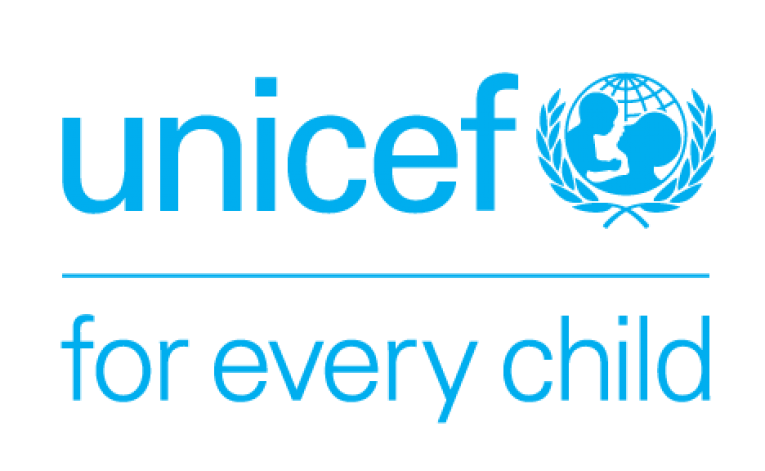By Muhammad Amaan
The United Nations Children’s Fund (UNICEF) has called on the Kano State Government to make child-sensitive budgeting a central pillar in its planning and fiscal processes.
The organisation says this is to address critical development challenges facing children in the state.
Chief of the UNICEF Field Office in Kano, Mr Rahama Farah, made the call on Tuesday while delivering a keynote address at a media dialogue on ‘Child-Sensitive Budgeting and Planning’ in the state.
Mr Farah said investing in children’s health, education, nutrition, and protection was not a charitable act, but a strategic imperative to secure the future of Kano State.
He stated that in spite of efforts by the state to improve child welfare, statistics had revealed an alarming situation.
“Kano State has an estimated 6.5 million children under the age of 18 years old.
“No fewer than 143,000 of them die annually before their fifth birthday, and approximately 2.9 million children are not fully immunised, leaving them at risk of preventable diseases,” he said.
Farah further stated that more than four million children in the state were experiencing multidimensional poverty, with limited access to essential services such as healthcare, education, and nutrition.
He described the figures as “a compelling and urgent story that calls for action beyond rhetoric.”
According to him, nearly 2.3 million children of primary and junior secondary school age were out-of-school, threatening the state’s future human capital development.
Farah said: “Approximately 4.7 million children aged six months old to 23 months old are not receiving the minimum acceptable diet, and more than three million children under five years old are stunted.
“Thus, signalling chronic malnutrition with long-term health consequences.”
The UNICEF chief said that the social sector in Kano remained underfunded.
That, he said, was relative to the scale of the challenge, with budget allocations for health, education, and social welfare fluctuating between 2016 and 2020 in spite of growing demands.
Farah identified four major gaps in the state’s budgeting approach toward children: Invisibility, insufficiency, inefficiency, and fragmentation.
“Children’s needs are often hidden within larger sectoral budgets, making it difficult to track funding and impact.
“Critical areas like child nutrition, early childhood development, and protection are consistently underfunded.
“Meanwhile, weak implementation and lack of coordination among Ministries, Departments, and Agencies reduce efficiency,” he said.
Farah urged the Kano State Executive Council, Ministries, and State House of Assembly to institutionalise child-sensitive budgeting as a core priority.
He added that this especially be considered during the Medium-Term Expenditure Framework (MTEF) and annual budget preparations.
“There should be clear tagging of child-focused programmes, prioritisation of cost-effective interventions, cross-sectoral collaboration, and transparency in reporting and fund utilisation.
“Also, the Ministry of Finance, Budget and Economic Planning should embed child-sensitive budgeting guidelines in budget circulars and develop tracking systems for child-related expenditures.
“Civil society organisations and the media play active roles in monitoring, reporting, and advocating for child-focused development, ” Farah said..
He stressed that the Child Protection Law, which domesticated the Nigeria Child Rights Act in Kano, must be seen as a legal and budgetary imperative.
“Our children are not just passive beneficiaries; If we invest in them wisely today, they will become the architects of Kano’s prosperous future.
“The time for talking is over. The time for children-focused budgetary action is now,” Farah said.




